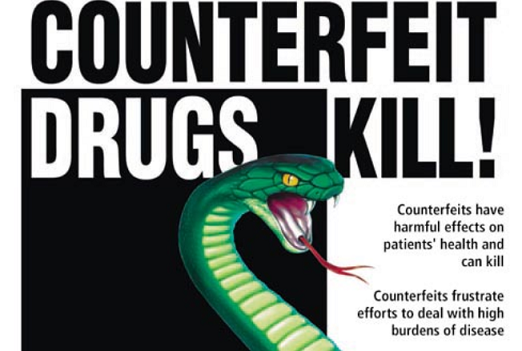A survey carried out for Sanofi has suggested that only 15% of the US public associate counterfeiting with medicines – despite campaigns to raise awareness. Perhaps even more worrying is that 53% did not even know that counterfeit drugs existed.

In a similar 2014 survey, 80% of Europeans also didn’t associate piracy with drugs – so the certainly issue isn’t confined to the US.
I’ve not seen the full survey, just the headline figures that have been pulled out – but I must admit they seem rather odd to me. Here are just a few of the figures –
- 12% - Feel they have sufficient information about counterfeit medicines
- 15% - Associate counterfeiting with medicines
- 53% - Have never heard of counterfeit medicines
- 54% - Think counterfeit drugs are dangerous
- 59% - Think that counterfeit drugs might be found in traditional US retail channels
- 62% - Think they are at greater risk when travelling abroad
- 74% - Did not know there was a risk involved in buying medicines online
- 79% - Think that the internet is the greatest risk of exposure to counterfeit medicines
Who are these weird people who are unaware of the existence of fake drugs, and yet fear they might get them if they travel overseas?
Or those who do not know there is a risk in buying medicines online and yet believe that the internet is the greatest risk of exposure to fake drugs?
I don’t want to be unkind – the figures probably make perfect sense given the wording of the questions – and its Christmas after all.
It’s just that whenever I see things that don’t seem to make obvious sense, I tend to question the rest of the conclusions – and I’m sure I’m not alone.
The one message we can (probably) safely take from this survey is that much more needs to be done to publicise the very real risk of counterfeit medicines.








